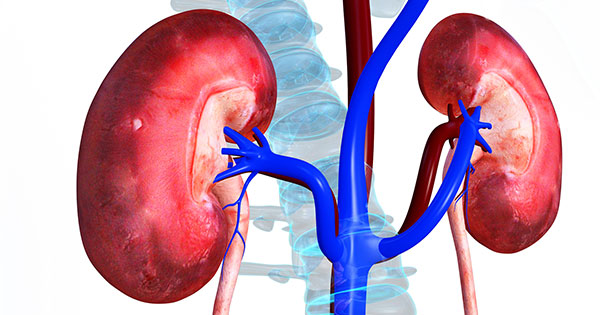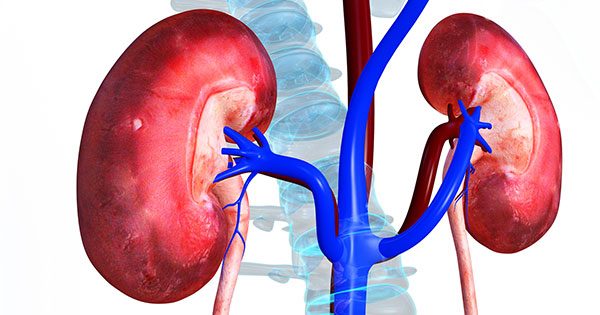How much of the kidneys do we know? Every second Thursday in March is set apart worldwide to create awareness about the importance of kidneys and how to take care of them. Here are quick facts under the categories of function, health and care you should know about these bean-shaped super organs.
What do the kidneys do?
- The kidneys’ main functions in the body are to purify the blood, maintain levels of essential minerals and eliminate toxins/wastes.
- Each kidney is made up of between 1 to 2 million nephrons. They are filters that function in filtering blood and eliminating toxins.
- The kidneys filter all blood in the body every 30 minutes. In a day, they filter about 180 liters of blood and for up to 400 times.
- Kidneys produce urine as they filter, in order to carry wastes away. The bladder store the urine produced by the kidneys and are connected to the kidneys through the ureters.
- Kidneys maintain hormonal balance by maintaining blood pressure and producing red blood cells.
- When kidneys sense a drop in blood pressure, they send out signals to the rest of the body. As this happens, blood vessels become smaller to increase pressure. This increase in pressure ensures that blood reaches every part of the body.
- When kidneys sense a drop in oxygen, they produce a hormone called erythropoietin. This hormone stimulates an increased production of red blood cells which are responsible for carrying oxygen. As RBCs increase, the blood’s oxygen content also increases.
- In one day, the kidneys filter and produce around 1 to 2 liters of urine, thus on average, we excrete one and a half liters of urine a day.
- When the body is dehydrated, kidneys stop urine production until the body has enough water.
- Amazingly, the nephrons can enlarge to enhance excess load and a 75% functionality of just one kidney is needed to survive.
Why do some kidneys malfunction?
- Diabetes, high blood pressure, and heart diseases are the major causes of kidney failure.
- Smoking can lead to kidney malfunction because it slows blood flow to the kidneys.
- Kidney stones, caused by hardened minerals that collect in the kidneys as a result of concentrated urine. Kidney stones occur for example when excess insulin is produced by the body in response to increased sugar levels which in turn causes the body to excrete excess calcium through urine.
- Kidney stones cause very painful disorder but can be treated by removal.
- Genetics also has an impact on kidney function as people with a family history of kidney disease are predisposed to kidney malfunction.
- Bacteria can enter through the urethra to the kidneys and cause infections which when untreated can cause permanent kidney damage.
- The common treatment for kidney failure is a transplant (when a patient receives a kidney from a healthy donor) or dialysis (an artificial replacement for malfunctioning kidney).
How can we care for our kidneys?
- Drink lots of water to help the kidneys eliminate toxins properly.
- Eat more of fruits and vegetables which have a high water content and take less of caffeine and alcohol as they tend to increase dehydration.
- Avoid taking food high in salt and saturated fats as they predispose one to high blood pressure.
- Do not give in to a sedentary lifestyle. Exercising reduces blood pressure by dilating blood vessels and hence would reduce the risk of kidney failure.
- Taking too many supplements, especially vitamin C and calcium, can increase chances of kidney stones.
- It is advisable to go for periodic clinical tests if you have a history of diabetes, high blood pressure or kidney disease in you family.


